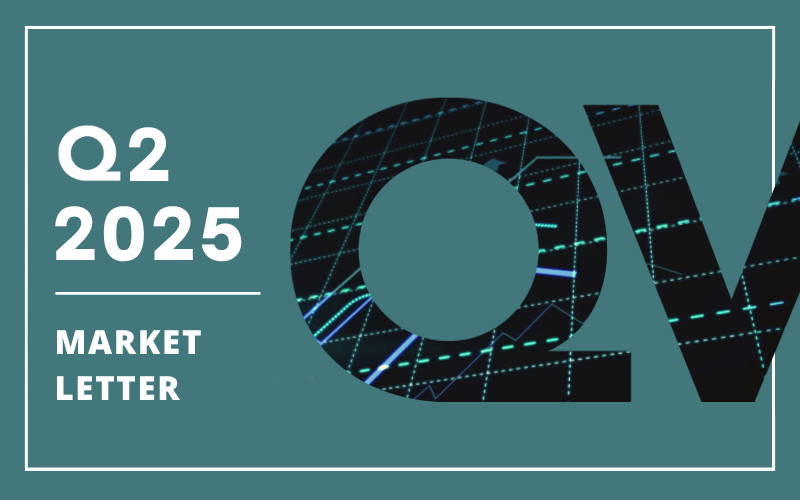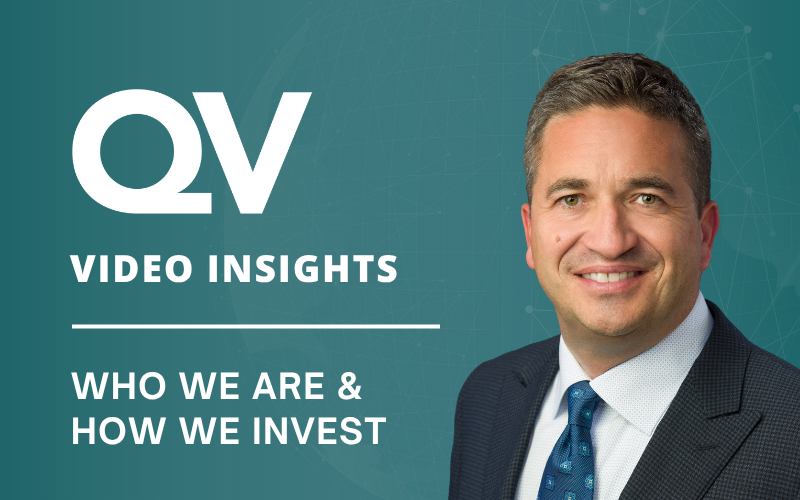During World War II, Sir Winston Churchill was on the lookout for “corkscrew thinkers” – people who were unafraid to think and act differently than others. Churchill held the view that if wartime enemies always thought the same way, neither side will surprise the other, no one will gain an advantage and the war will never end. The quest to empower corkscrew thinkers to tip the odds in the Allies’ favour resulted in the founding of several special divisions in the British Armed Forces and served as the inspiration for Ian Fleming to write the well-known James Bond series. Alan Turing led the group that cracked the German Enigma code, Rear Admiral John Godfrey conceived the famous Operation Mincemeat (Allies planted fake intelligence in Spain, which tricked the Germans into believing the Allies would invade Greece and not Sicily), and covert resistance units were set up across Europe under the Special Operations Executive (aka: Churchill’s Secret Army).
Jumping forward to today, the merits of corkscrew thinking remain highly valuable. We would concur that in the world of equity investing, if QV collectively thinks like the majority in every investment action we take, we would be unlikely to produce returns that are materially different than the market itself. In many situations, however, we believe that our process and our seven tests allow us to take differentiated views, which in turn hopefully leads to better outcomes. I outline two specific examples below:
Alimentation Couche-Tard (ATD) is a leading operator of convenience stores in Canada, the US and Europe. For a long time, their business growth was primarily through strategic acquisitions. The company has long been considered an excellent allocator of capital, but fears are frequently raised that ATD has grown so large that it will be unable to grow at the same pace as the past. This fear is often in conjunction with concerns that as we move into a world where electric vehicles grow and gasoline fueled cars decline, ATD will face secular declines in its business, as a sizeable portion of its stores are convenience stores with gas stations. In January 2021, ATD announced that it was considering buying French grocery giant Carrefour. The market reacted poorly to this news, believing that 1) ATD had become undisciplined with capital as the margins at Carrefour were lower, 2) the company has run out of traditional convenience store targets and 3) this announcement confirms ATD is concerned about its legacy gas stations in a low carbon future.
We held a different view from the market on several points. Firstly, we felt the market had forgotten all the times ATD remained disciplined and walked away from acquisitions that didn’t make sense (including ones that were initiated by ATD). Secondly, we did not hold the view that talking to Carrefour signaled there will be no more targets in ATD’s main business. Lastly, while the penetration of electric vehicles is a risk, acquiring Carrefour does not change our opinion that EVs are a long-term manageable risk. We added to ATD during share price weakness in January. Seven months later, ATD did indeed walk away from Carrefour and it announced it will acquire Wilsons Gas Stops and Go! Stores here in Canada. We continue to believe that the penetration of electric vehicles is a manageable risk over the long term.

Source: S&P Capital IQ
Finning International is a Caterpillar dealer operating primarily in Western Canada, UK and South America. We believed the market was incorrectly extrapolating historical mediocre growth trends far into the future. For the past 7+ years, growth has been very tepid at Finning, first due to weak copper prices depressing mining activity in South America and more recently, weak oil prices depressing oil sands activity in Western Canada. We were of the opinion that Finning is a product of a cyclical, not secular, bear market for metals and energy and that the company has made concrete strides in improving the resiliency of its business. We initiated Finning in 2019 at attractive valuations and further added to our position in 2020 during the market crash. We held the view that we would get adequate returns should growth remain low into perpetuity and strong returns should the multi year bear market for commodities prove to be cyclical (and not secular). Since 2019, the price of copper and oil has rebounded, and the outlook for higher growth has made its way into Finning’s share price. We have since trimmed some of our position – recognizing that the market now incorporates higher growth expectations for Finning.

Source: S&P Capital IQ
The equity markets reflect the collective average opinion of all the buyers and sellers of a stock. If one’s opinion reflects the average opinion, then we believe that returns will also be average. We believe that our process and seven tests allow us to be corkscrew thinkers at times and produce better outcomes than the market over the long-term.




